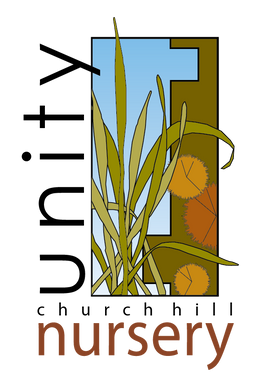Quercus phellos (Willow Oak) Unity Grown
- Low stock - 4 items left
- Inventory on the way
Quercus phellos, commonly called willow oak, are so-named for the resemblance of their leaves and bark to those of willow trees (genus Salix); rather than the toothy-lobed leaves and wide-wrinkled bark of typical oaks, Quercus phellos has smoother bark and long, lanceolate leaves with hair-like tips. Willow oak is a fast grower, and can grow to a moderate height of 40-75' in yard or home garden settings, but may reach heights of up to 100' in the wild. Also similar to willows, willow oak has thick, fibrous root masses, which are tolerant of wet and flooded soil, allowing willow oak to thrive near bodies of water. As an oak tree, Quercus phellos also produces acorns, but its rounded acorns are smaller than other species and their bowl-like caps may cover over half of the acorn nut itself.
Willow oak is typically planted for shade or ornamental purposes, but can also work great for mitigation or rehabilitation purposes. Willow oak's medium to large, dense canopy makes for a great shade selection for large yards until leaves begin to turn yellow and dull browns in the fall. Quercus phellos acorns are ecologically valuable to a large number of species, including black bear, white-tailed deer, and a number of other smaller mammals, as well as songbirds, and game birds like wild turkey, quail, and ducks. In addition to acorn value, many Quercus species are regarded as important keystone plants for their support of larval butterflies and moths, and Quercus phellos is no different; willow oak is a host to the caterpillars of several species of duskywing moth and hairstreak butterfly.






